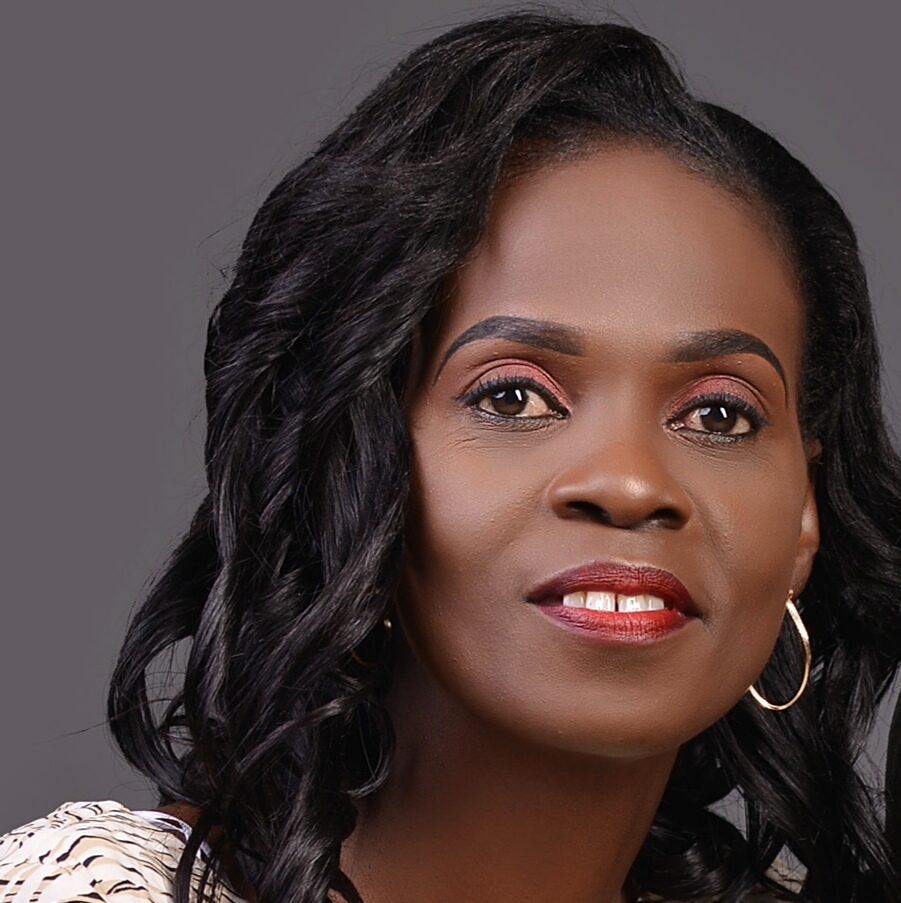Participants
Early Career Scholars



Sara Aly El-
Sayed, Ph.D.


John Arroyo,
Ph.D.


Stephen N.
Borunda
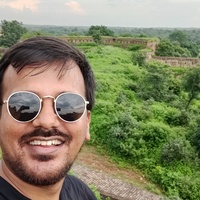

Bikash
Chetry
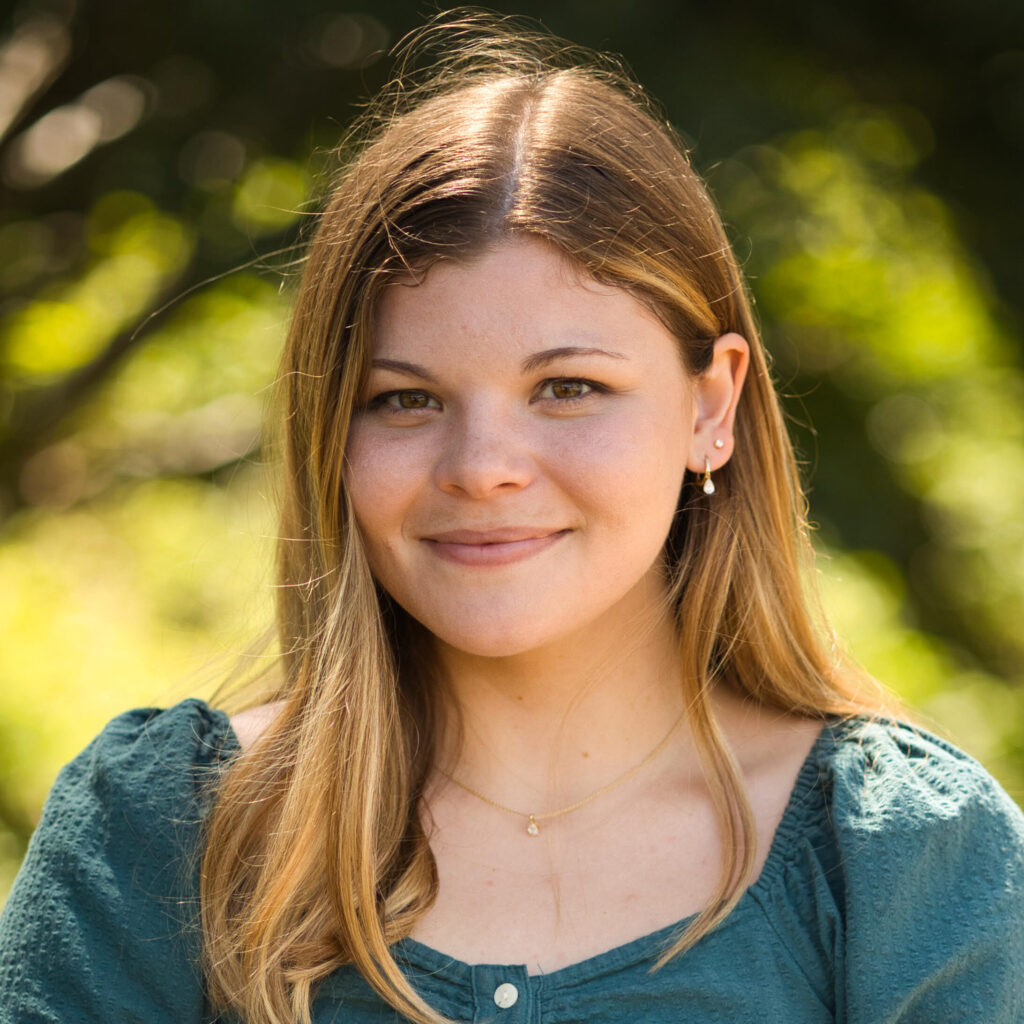

Megan
Cole


Mabel
Gergan, PhD
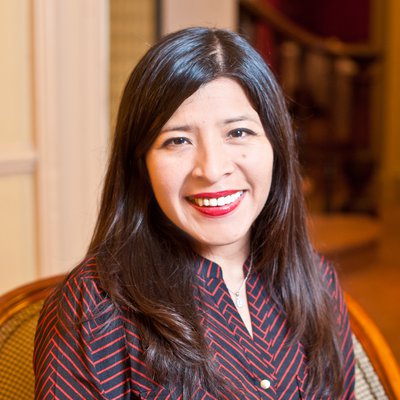

Mariaelena
Huambachano, PhD


Heather
Kayed


Sammy
Kayed


Naledi
Mpanza


Preeti
Nayak


Koffi
Nomedji, Ph.D.


Florence
Oduk, LLM


Ojo
Taiye
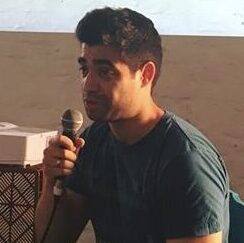

Mark Ortiz,
Ph.D.


Adewale
Owoseni, Ph.D.
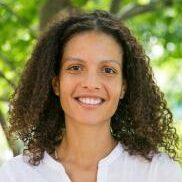

Sarah Vaughn,
Ph.D.
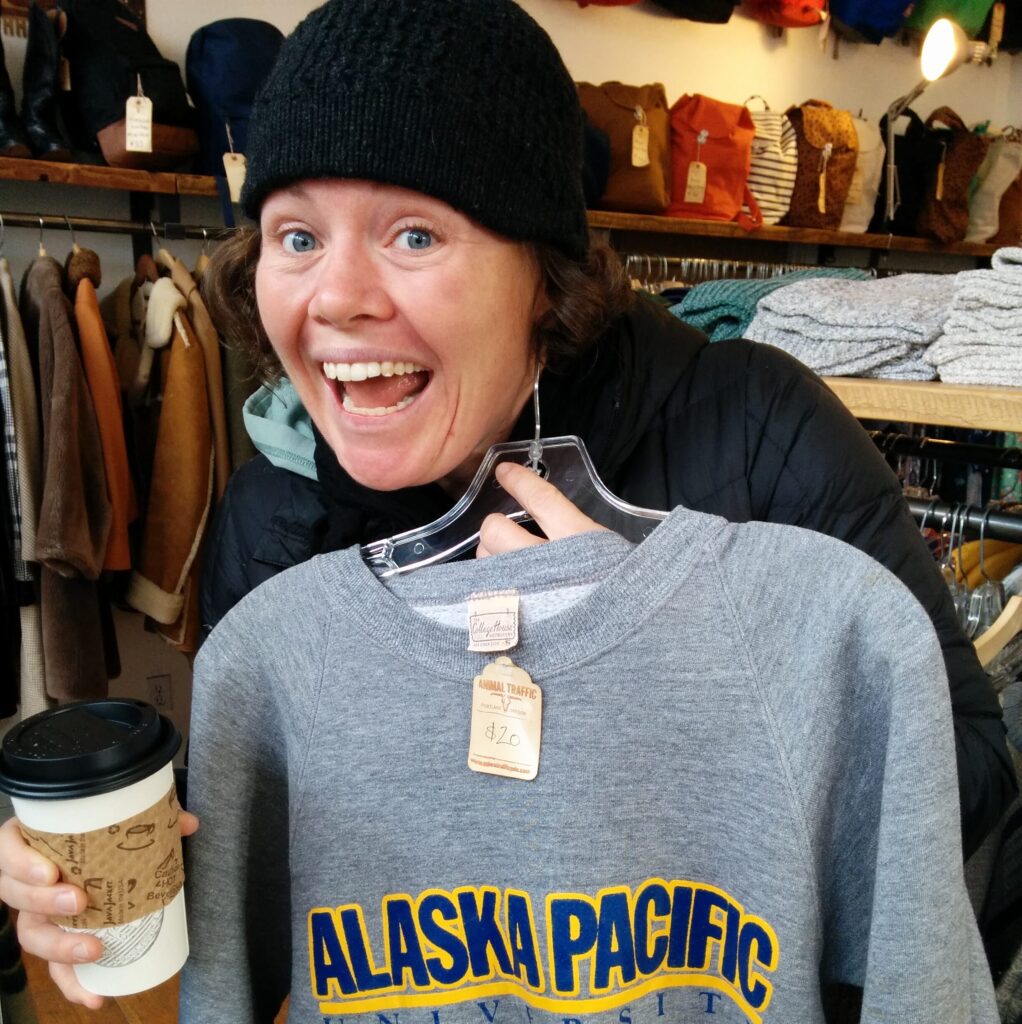

Deidre
Zoll, Ph.D.
Early Career Scholars

